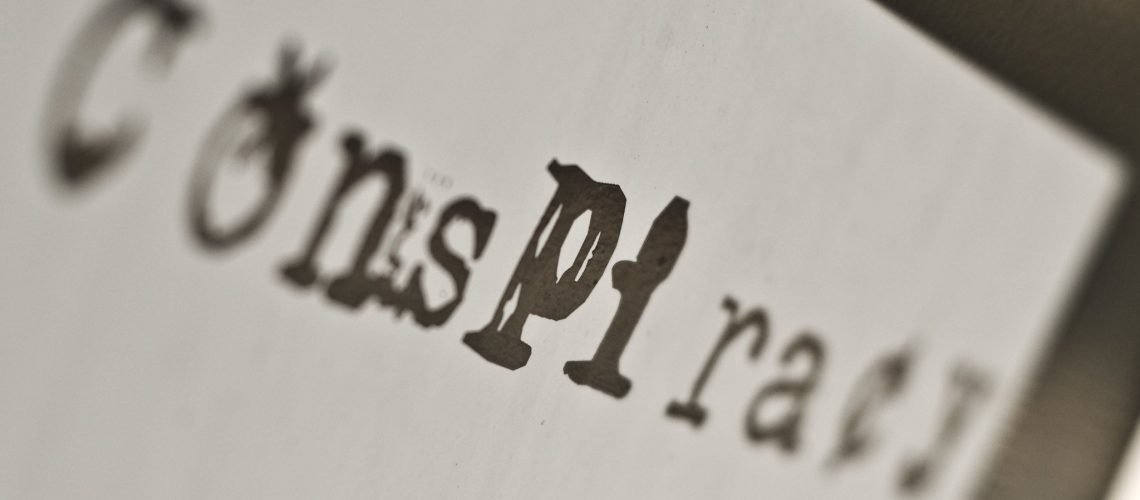The Challenges and Costs of Defending Conspiracy Cases
Conspiracy cases involve multiple individuals allegedly working together to commit a crime, and defending against such charges can be a daunting task. This article will discuss some of the intricacies of defending conspiracy cases and will explore the factors that make them difficult and expensive to defend.
- Complexity of Coordinated Actions
Conspiracy cases involve allegations of collaboration among multiple individuals to plan and execute illegal activities. The defense attorney must unravel the web of interactions, communications, and events to present a compelling argument to counter the prosecution’s case. Coordinating the defense strategy in cases with multiple defendants can be highly challenging, as each defendant may have different levels of involvement and varying degrees of knowledge about the alleged conspiracy. The defense attorney must analyze the evidence, establish connections, and present a coherent narrative that challenges the prosecution’s version of events. Proving innocence may require dissecting and exploring the actions and motivations of other co-conspirators, which can prolong and complicate the defense process.
- Large Amounts of Evidence and Discovery to Process
Conspiracy cases often involve extensive evidence gathering and discovery proceedings. Prosecutors meticulously compile documents, surveillance recordings, wiretaps, witness statements, and other types of evidence to build their case against the defendants. Sifting through this voluminous evidence and identifying information that could be favorable to the defense is a resource-intensive task. Additionally, the defense may need to enlist the help of expert witnesses to interpret and analyze the evidence. These experts can provide invaluable insights into technical aspects, such as forensic analysis or legal interpretation of documents. However, their expertise comes at a cost, adding to the overall expense of defending a conspiracy case.
- Understanding a Complex Legal Framework
Conspiracy charges often involve intricate legal concepts and principles, making it essential for defense attorneys to possess a thorough understanding of the law. Defendants can be charged with conspiracy at both the federal and state levels, each with its own set of statutes, regulations, and case law. Defense attorneys must navigate through this complex legal landscape, taking into account the nuances of conspiracy law, statutes of limitations, jurisdictional issues, and potential defenses. This deep understanding of the law is crucial for identifying potential weaknesses in the prosecution’s case, ensuring that defendants’ rights are protected, and presenting a strong defense strategy.
- Challenging Burden of Proof
Prosecutors must prove the existence of an agreement among the defendants to commit an illegal act, as well as each defendant’s knowing participation in the conspiracy. Defense attorneys must challenge this burden by raising reasonable doubt about the alleged agreement or their clients’ involvement. Proving the absence of an agreement or demonstrating that the defendants did not intend to participate in any criminal activities can be incredibly challenging. Defense attorneys must diligently analyze the evidence, identify inconsistencies or alternative explanations, and present a compelling narrative that challenges the prosecution’s version of events.
- High Stakes and Cooperation Pressure
Due to the severity of conspiracy charges, defendants often face substantial penalties if convicted. The potential consequences can include lengthy prison sentences, hefty fines, and significant damage to personal and professional reputations. These high stakes create pressure for defendants to cooperate with the prosecution, further complicating the defense efforts. The criminal conspiracy defense attorney must be able to understand and navigate this delicate balance, ensuring that the defendants’ rights are protected while considering potential plea bargains.
Conclusion
Defending conspiracy cases presents unique challenges that make them both difficult and expensive endeavors. The complexity of coordinated actions, the voluminous evidence involved, and the intricate legal framework all contribute to the difficulties faced by defense attorneys in these cases. The high stakes and pressure for some to cooperate, combined with the extensive time and resources required, make defending conspiracy cases an arduous and costly ordeal. Despite these challenges, skilled defense attorneys strive to provide defendants with a vigorous defense, ensuring their rights are protected and seeking the best possible outcome under the circumstances.
Photo by Dave Center at Flickr Creative Commons. No modifications.


